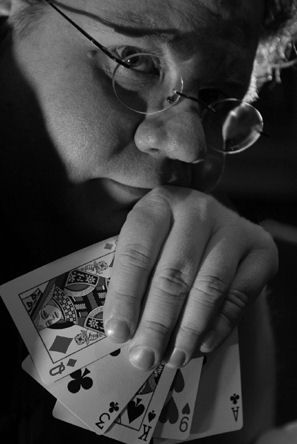Giotto, Titian, Rembrandt, Goya were great painters. I am only a public clown...I have understood my time, and have exploited the imbecility, the vanity, the greed of my contemporaries. It is a bitter confession, more painful than it may seem, but at least, and at last, does have the merit of being honest."
-- Picasso, 1954, to Giovanni Papini
